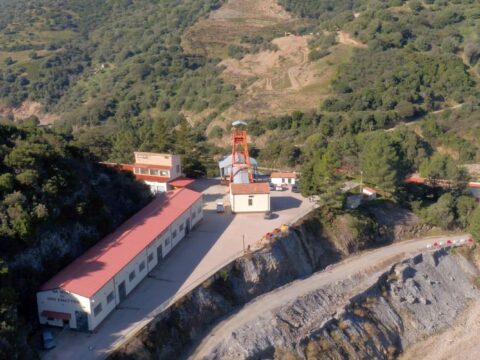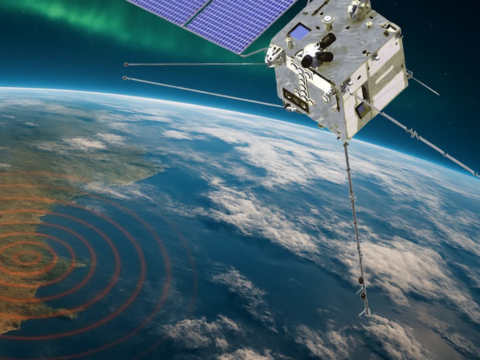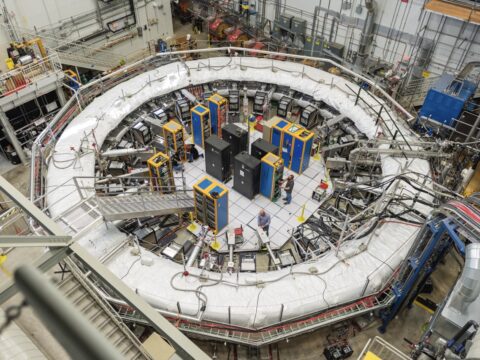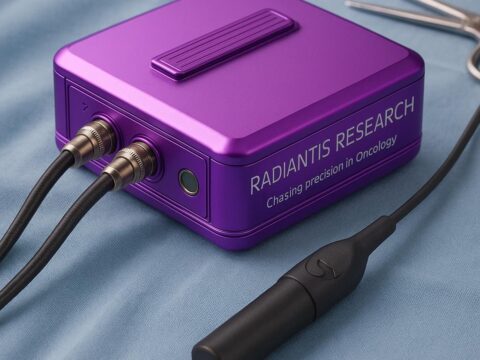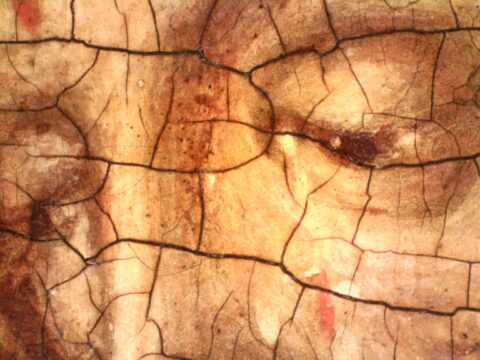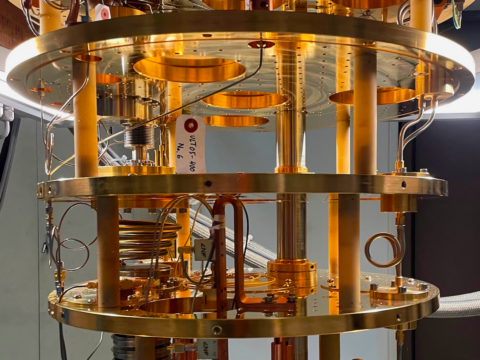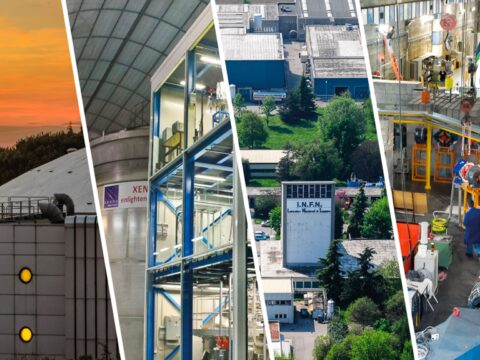
ACCELERATORS AND DETECTORS
Accelerators and detectors have a fundamental role in particle physics research and for numerous applications, from medicine to industry. Accelerators are machines that produce and accelerate particles to make them collide with each other (or against a fixed target) with the goal of studying the collisions to extract information about the most intimate structure of matter. Detectors are essential for recording this information (for example, identifying particles produced in the collisions, tracking their trajectories or measuring physical parameters), and obtaining physically significant indications from it.
In recent decades, the development of cutting-edge technologies for accelerators and detectors, built and perfected over time with the essential contribution of Italy and INFN, has obtained extraordinary results in fundamental physics (in particular, the discovery of the Higgs boson, in 2012, at CERN’s LHC particle accelerator in Geneva, the largest and most powerful that exists). However, it has also made it possible to implement high-level practical applications in the field of diagnostics, medicine, cultural heritage, industry, and electronics. In the future too, the goals of fundamental research will continue to progress hand in hand with the need for the technological development of more and more advanced accelerators and detectors. On the one hand, this will mean having even more efficient instruments for “new physics” research in the fundamental field, while, on the other hand, it will ensure that there is an even wider range of potential applications.
